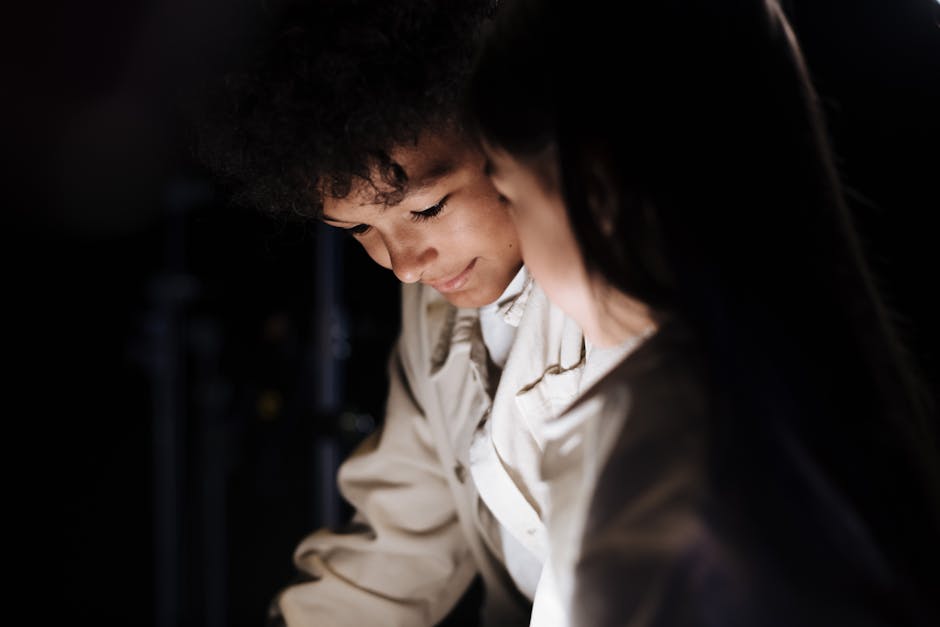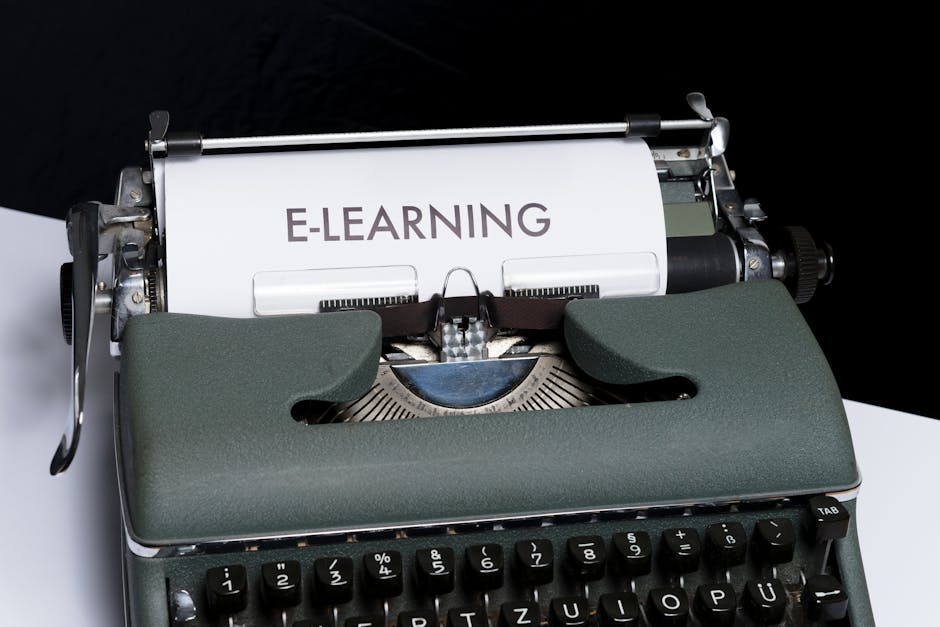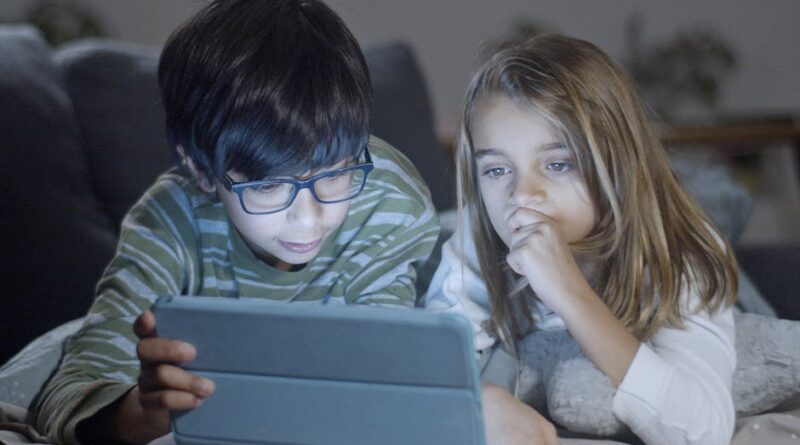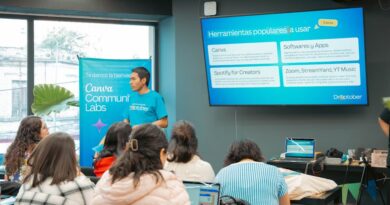The Role of Social Media in Education
Social media has permeated nearly every aspect of modern life, from how we connect with friends to how we consume news and information. But what about its role in education? How has social media transformed the way students learn, teachers instruct, and schools operate? In this comprehensive guide, we will delve into the multifaceted impact of social media on education, exploring its benefits, challenges, and potential for the future.
The Evolution of Social Media in Education

By Ron Lach via Pexels
Social media platforms have come a long way since the early days of MySpace and Friendster. Today, sites like Facebook, Twitter, Instagram, and LinkedIn dominate the digital landscape, offering a myriad of ways to connect and share information. In the realm of education, social media has evolved from a mere distraction to a powerful tool for learning and collaboration.
One of the earliest adopters of social media in education was the University of Phoenix, which launched its online platform in the early 2000s. This paved the way for other institutions to explore the potential of social media for distance learning, student engagement, and academic research. Today, social media is an integral part of the educational experience, with both students and educators leveraging its capabilities in various ways.
Enhancing Communication and Collaboration

By Markus Winkler via Pexels
Social media has revolutionized the way we communicate, breaking down barriers of time and space. In education, this means that students and teachers can connect and collaborate in ways that were previously impossible. Platforms like Twitter and Slack allow for real-time discussions, group projects, and peer-to-peer support. This instant connectivity fosters a sense of community among students, regardless of their physical location.
For example, teachers can create Facebook groups for their classes, where students can ask questions, share resources, and engage in discussions outside of the classroom. This not only enhances communication but also creates a sense of belonging and support among students. Similarly, platforms like LinkedIn provide a space for students to network with professionals in their field, opening up opportunities for mentorship and career development.
Personalized Learning and Engagement
One of the key benefits of social media in education is its ability to personalize learning experiences for students. Through targeted ads, recommended content, and algorithm-driven recommendations, social media platforms can curate educational materials based on a student’s interests, learning style, and goals. This personalized approach not only enhances engagement but also helps students stay motivated and focused on their academic pursuits.
Take, for example, the rise of educational influencers on platforms like YouTube and Instagram. These creators produce engaging and informative content on a wide range of topics, from math tutorials to science experiments. By incorporating social media into their learning routine, students can access high-quality educational resources that cater to their individual needs and preferences.
Challenges and Controversies
While social media offers numerous benefits for education, it also comes with its fair share of challenges and controversies. One of the major concerns is the issue of digital literacy, as students must learn to navigate the online world responsibly and critically. With the rise of fake news, misinformation, and online scams, educators face the daunting task of teaching students how to discern credible sources from unreliable ones.
Additionally, social media can be a double-edged sword when it comes to student well-being. The pressure to maintain a perfect online persona, the fear of missing out (FOMO), and the constant need for validation through likes and comments can take a toll on students’ mental health. Educators must address these issues head-on, promoting digital wellness and teaching students how to use social media in a healthy and balanced way.
The Future of Social Media in Education
As technology continues to advance at a rapid pace, the role of social media in education is likely to evolve as well. Virtual reality (VR) and augmented reality (AR) present exciting opportunities for immersive learning experiences, allowing students to explore historical sites, conduct virtual experiments, and engage with complex concepts in a hands-on way. Social media platforms are already incorporating these technologies into their offerings, paving the way for a new era of interactive and engaging education.
Furthermore, the integration of artificial intelligence (AI) into social media platforms holds great promise for personalized learning and student support. AI algorithms can analyze students’ learning patterns, identify areas of struggle, and provide targeted recommendations for improvement. This adaptive learning approach ensures that students receive the individualized support they need to succeed academically.
Expert Opinions
According to renowned education technology expert, Dr. Angela Duckworth, “Social media has the potential to revolutionize education by providing students with access to a diverse range of educational resources and opportunities for collaboration. However, it is crucial that educators guide students in using social media responsibly and ethically to maximize its benefits.”
Common Misconceptions
One common misconception about social media in education is that it is a distraction that hinders student learning. In reality, when used thoughtfully and purposefully, social media can enhance the educational experience, fostering creativity, critical thinking, and digital literacy skills.
Conclusion
In conclusion, the role of social media in education is complex and multifaceted, offering both opportunities and challenges for students, teachers, and institutions. By harnessing the power of social media for communication, collaboration, personalized learning, and engagement, educators can create dynamic and inclusive learning environments that prepare students for success in the digital age. As we look to the future, it is crucial that we continue to explore innovative ways to leverage social media for educational purposes, while also addressing the ethical and social implications of its use. The possibilities are endless, and the potential for positive impact is immense.




